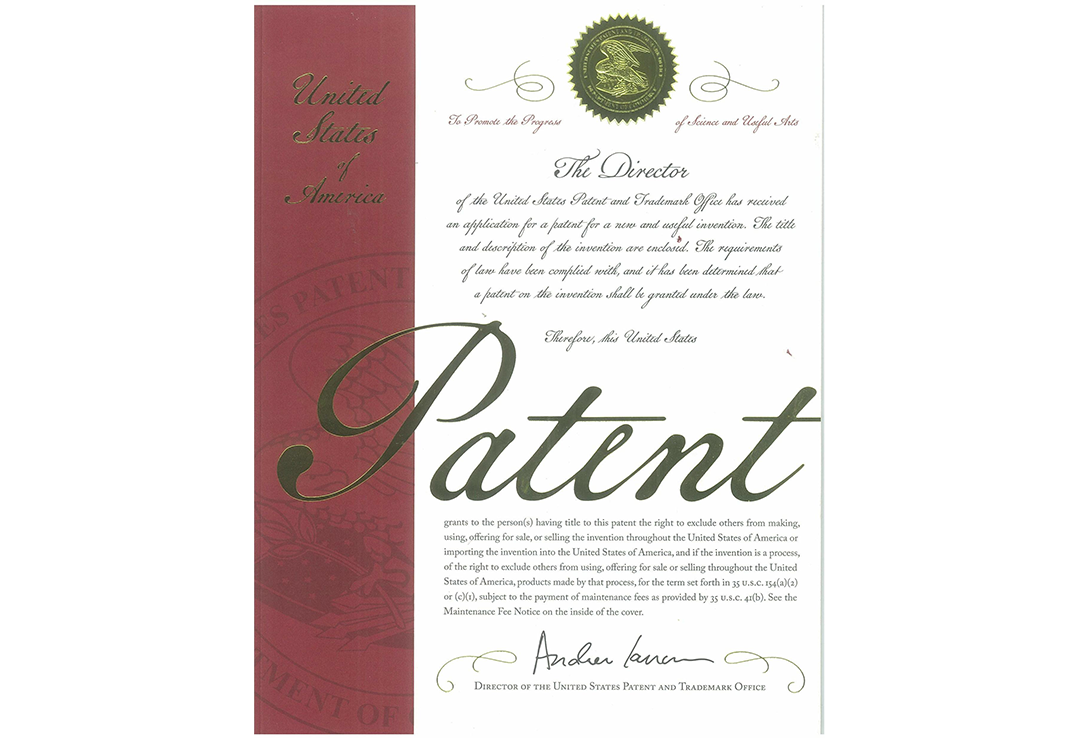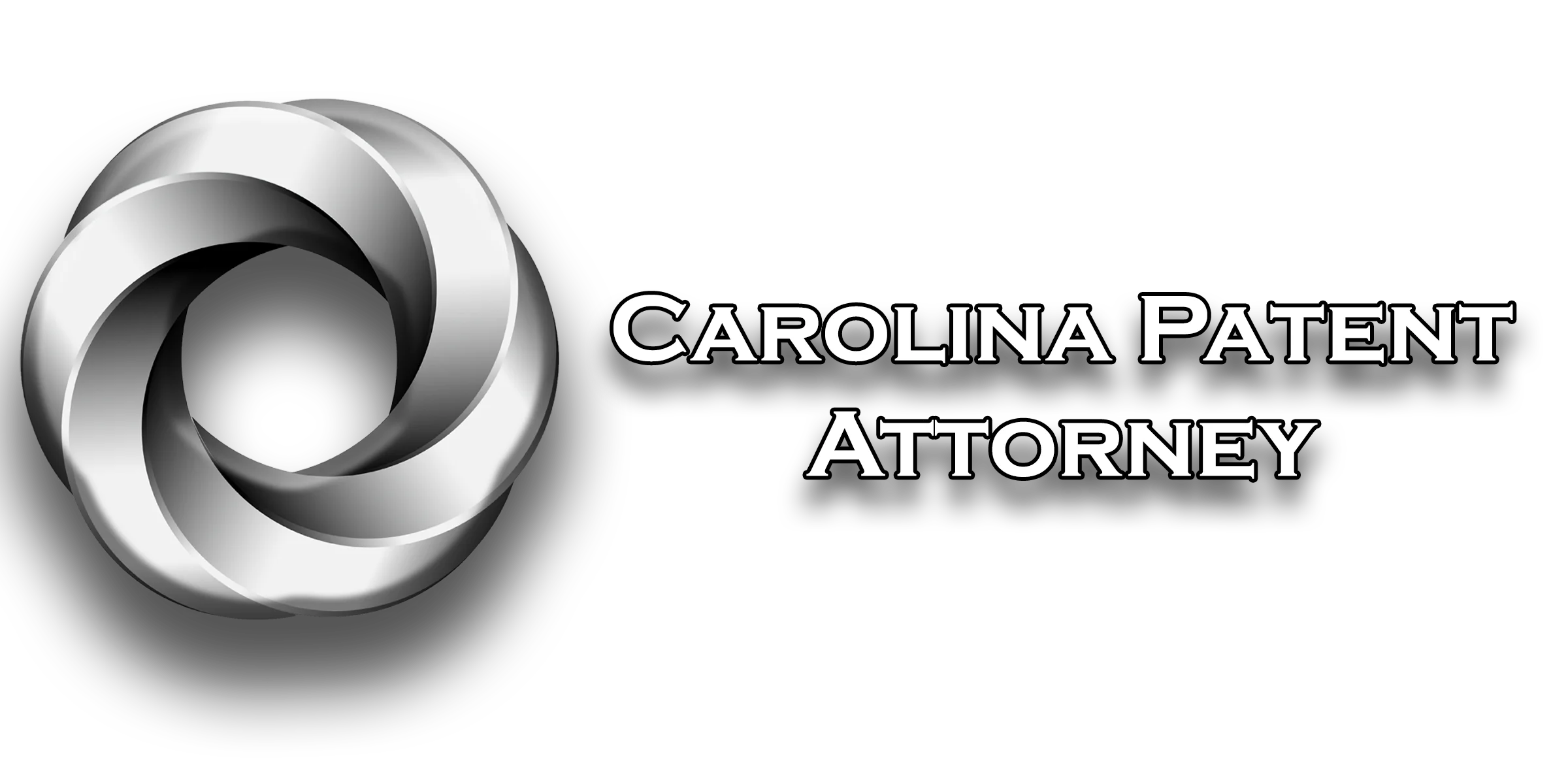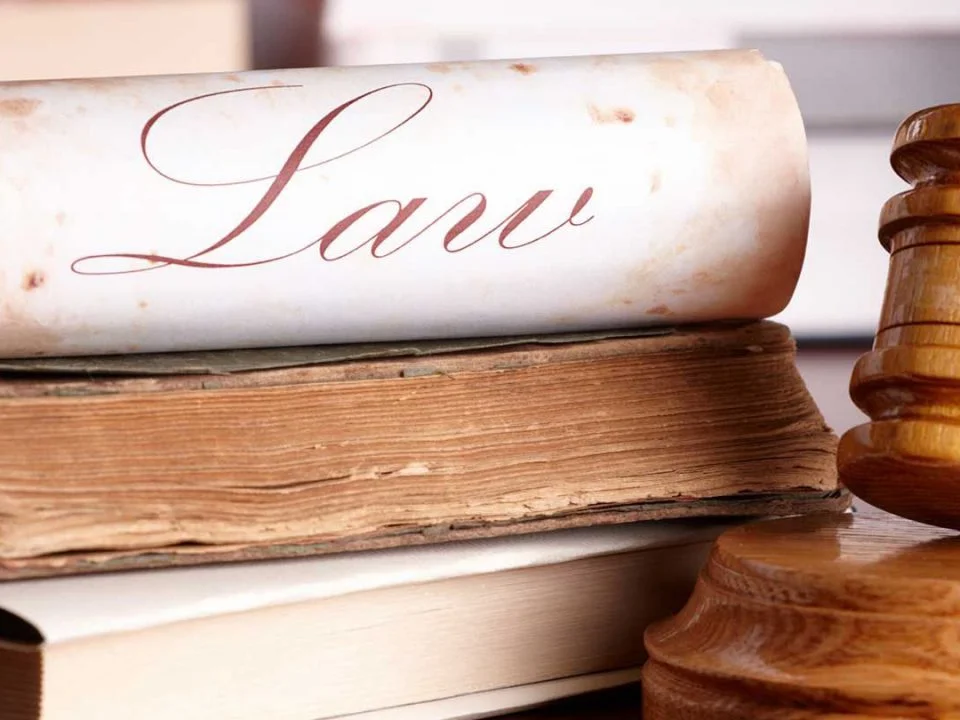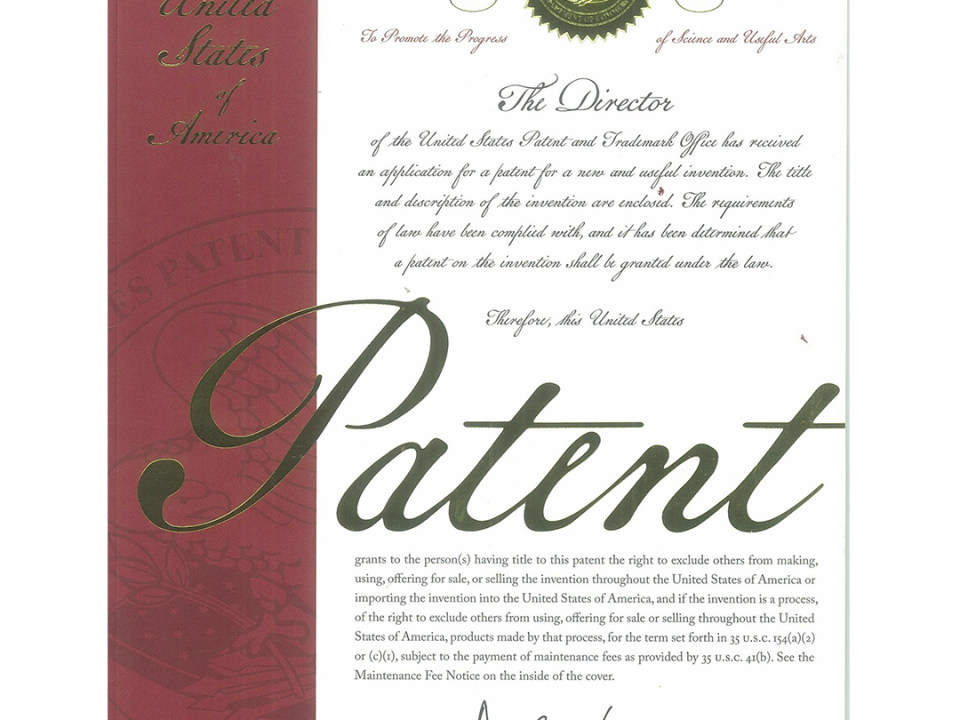Inequitable Conduct Found by ITC Even After Technical Correction of a Patent

On March 10, 2020, an International Trade Commission (ITC) judge determined that inequitable conduct irreversibly damaged and invalidated U.S. Patent Number 8,172,116 (“the ‘116 Patent”) despite the fact that the inventor filed a correction with the USPTO before the ITC matter was filed. In the Matter of Certain Child Carriers and Components Thereof, case number 337-TA-1154, before the U.S. International Trade Commission.
Lisbeth and Stephen Lehan, owners of the LilleBaby company and the ‘116 Patent, accused nearly two dozen baby carrier makers of violating Section 337 of the Tariff Act by importing products into the U.S. that infringed the ‘116 patent. The problem was that Stephan was not an inventor on the patent, but the Lehans had listed him believing that having Stephen (a U.S. citizen) on the application would help in the U.S. patent process (Lisbeth is a Norwegian citizen).
Intention to Deceive Results in Unenforceable Patent
Although the Lehans corrected the inventorship issue before filing the ITC suit, ITC Administrative Judge Clark Cheney determined that the correction was insufficient. According to Judge Cheney, the technical correction might prevent the ‘116 Patent from being invalidated for improper inventorship, but because the Lehans had “intended to deceive the patent office by filing their false declaration,” the patent is nevertheless unenforceable due to their inequitable conduct.
The USPTO Manual for Patent Examination Procedure says: “It is the courts and not the Office that are in the best position to fashion an equitable remedy to fit the precise facts in those cases where inequitable conduct is established [and it is] a judicial application of the doctrine of unclean hands which is appropriate to be handled by the courts rather than by an administrative body.” MPEP 2010. So, it seems that if an inventor declaration is wrong but corrected, if a judge finds that the inventor intended to deceive the patent office, the harm cannot be repaired.
LilleBaby did not request a full ITC review of the judge’s decision, so it appears unlikely that the case will be reversed or that the specific facts of the case will ever be considered by the Court of Appeals for the Federal Circuit.
The importance of an experienced legal team with practical guidance is evident. If you are in need of legal expertise, we are here to help. For more information on litigation services offered by Thrive IP(R), please click here.








